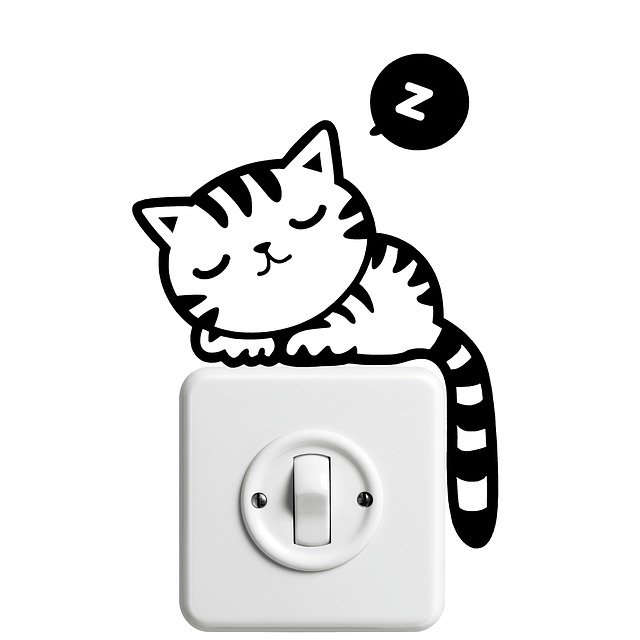
I love watching my cats doze – apart from when I’m trying to work and they’re determined to use my laptop as a bed! Astonishingly, cats can spend two-thirds of their day asleep. And the long rest certainly seems to revitalise my cats, who are ready for action as soon as they wake up.
As for me, I take a little longer to get going. If I get a good seven to eight hours of sleep, my day seems to run more smoothly. I can handle life’s stresses and strains better and I feel, well, if not like the Duracell bunny, at least I have some bounce in my stride.
I’m no sleep expert but I have thought about it and, as it’s one of my favourite pastimes, I’ve worked out how to lessen the chances of a night tossing and turning in bed. So, if a friend is struggling, I like to butt in and offer a few suggestions!! Reader, please continue if you’d like some of that “wisdom”.
Often when people can’t sleep it’s because they’ve been too active close to bedtime. For me, exercising earlier in the day helps my sleep routine. If I’ve used up a lot of energy in the morning or around lunchtime, my body can relax more as the day progresses and then recharge overnight. And I do believe that exercise improves the quality and duration of our sleep.
There’s a lot of discussion about “sleep hygiene” and one of the areas that gets a great deal of attention is ensuring that people don’t get too much stimulus before bed. The advice is to leave phones, tablets, and laptops outside the bedroom. One of the concerns is that the artificial light from the screens affects our brain’s sleep-wake cycle. But there’s also the issue that we might just be too mentally active at lights out. That said, I know that some find it easier to nod off with a TV or radio on. If you can’t sleep, don’t just do the same things and expect a change; try experimenting and see if that helps to keep sleeplessness at bay.
As I said, seven to eight hours sleep suits me – and much of the research around sleep suggests that’s the average requirement. Indeed, many sleep scientists claim that most of us are in a chronic sleep deficit, which can affect immunity as well as increasing the chances of some stress and inflammation-related conditions. Lack of sleep is also believed to change our metabolism, leading to weight gain, so it’s well worth considering ways to get a little bit more shut-eye.
Somehow, though, some people fare impressively well on very little sleep. Famously, Margaret Thatcher, Britain’s first woman Prime Minister, thrived on four hours a night. We are all clearly different.
We can’t control all that much in this world, but in a society where we pay, and pay through the nose, for some of the good things in life, sleep is one the best and cheapest ways to enhance physical wellbeing and mental health.
By the way, I can also recommend getting a pet, because, for me at least, cuddling them at bedtime usually sends me off into the deepest of slumbers.



